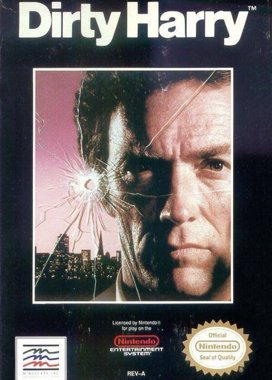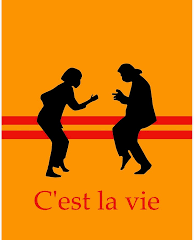The Cultural Impact and Legacy of Dirty Harry

Introduction
‘Dirty Harry’, released in 1971, is a film that has left an indelible mark on both cinema and the cultural landscape. Directed by Don Siegel, the film stars Clint Eastwood as the tough San Francisco detective Harry Callahan, known for his unorthodox methods and a moral compass that often blurs the lines of legality. As the film celebrates its 52nd anniversary, its themes of justice, vigilantism, and societal distrust remain as relevant as ever.
The Film’s Narrative and Themes
Dirty Harry follows the story of Callahan as he pursues a psychopathic killer known as Scorpio, played by Andrew Robinson. The film’s portrayal of Callahan’s brutal methods in the pursuit of justice sparked debate over police ethics and the balance between personal morality and law enforcement. The iconic line, ‘Do you feel lucky, punk?’ has transcended the film, becoming a pop culture reference that speaks to the themes of power and retribution.
Critics have often interpreted the film as a reflection of the turbulent social climate of the 1970s, where rising crime rates in urban America provoked fears and frustrations among citizens. Dirty Harry is often seen as a manifestation of American anxieties during this period, reflecting a desire for a hero who could take justice into his own hands.
The Film’s Legacy and Relevance Today
Since its release, Dirty Harry has spawned a franchise that includes four sequels, but it is the original that remains the most influential. The film’s handling of law enforcement and morality has impacted a range of subsequent films and television shows, fostering a genre of gritty, morally ambiguous anti-heroes. The character of Harry Callahan has often been cited as a precursor to various iconic law enforcement characters that followed, setting a standard for the tough-guy persona.
Additionally, discussions surrounding the film have resurfaced in light of current debates regarding police conduct and accountability. As movements advocating for criminal justice reform gain momentum, the dichotomy presented in Dirty Harry—between law and morality—continues to evoke discussion about the role of police in society and the nature of justice itself.
Conclusion
In conclusion, Dirty Harry is more than just a film; it is a cultural statement that continues to resonate. Its exploration of vigilantism, justice, and moral ambiguity invites audiences to reflect on the complexities of law enforcement and societal ethics. As society grapples with ongoing debates regarding justice and police practices, Dirty Harry’s legacy serves as a lens through which to examine our own views on crime and punishment. Whether viewed as a thrilling action film or a controversial reflection of societal values, Dirty Harry remains a pivotal point in cinematic history.









